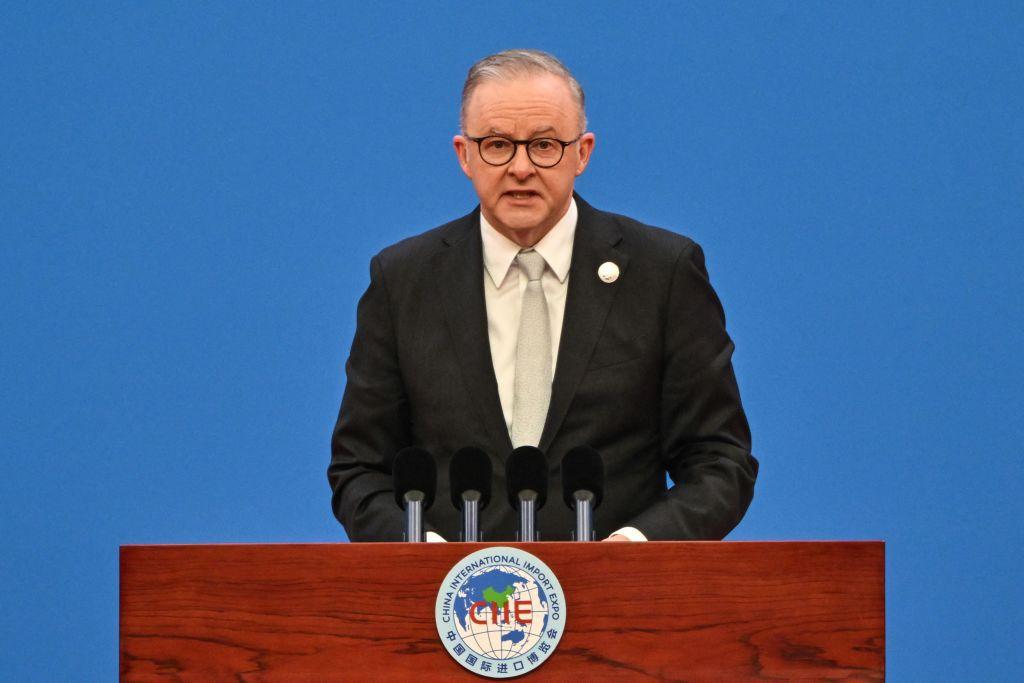Commentary
The expression “being played,” which would appear to have its origins in Shakespeare’s Hamlet, came to mind when reflecting on Prime Minister Anthony Albanese’s journey to China.

The expression “being played,” which would appear to have its origins in Shakespeare’s Hamlet, came to mind when reflecting on Prime Minister Anthony Albanese’s journey to China.